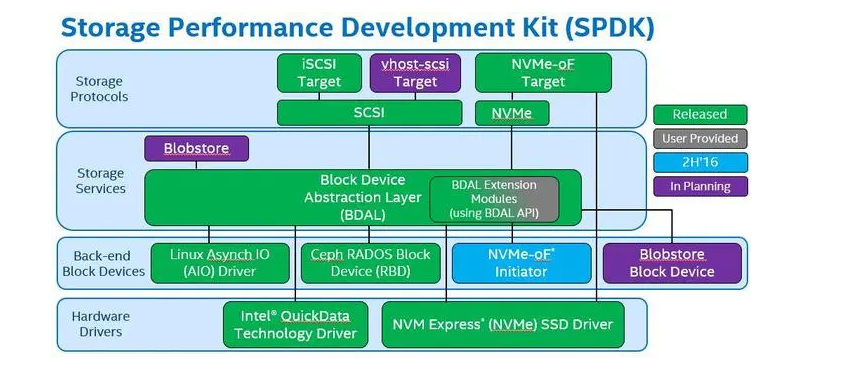ioctl 返回值详解
ioctl(Input/Output Control)是 Linux/Unix 系统调用,用于对设备或文件描述符进行特定控制操作。其返回值含义如下:
1. 函数原型
#include <sys/ioctl.h>
int ioctl(int fd, unsigned long request, ... /* void *arg */);
fd:文件描述符(如设备文件、套接字等)。request:控制请求码(由驱动或协议定义,例如TCGETS、SIOCGIFADDR)。arg:可选参数指针(传递输入/输出数据)。
2. 返回值含义
| 返回值 | 说明 |
|---|---|
| 成功 | 返回非负值,具体意义由 request 决定(可能是操作结果或状态码)。 |
| 失败 | 返回 -1,并设置 errno 错误码。 |
3. 常见错误码(errno)
| errno | 说明 |
|---|---|
EBADF |
无效的文件描述符 fd。 |
EINVAL |
无效的 request 或 arg。 |
ENOTTY |
fd 不支持 ioctl 操作(例如普通文件)。 |
EFAULT |
arg 指向非法内存地址。 |
EPERM/EACCES |
权限不足。 |
4. 示例代码
#include <stdio.h>
#include <fcntl.h>
#include <sys/ioctl.h>
#include <errno.h>
int main() {
int fd = open("/dev/tty", O_RDWR);
if (fd == -1) {
perror("open failed");
return -1;
}
// 示例:获取终端大小(TIOCGWINSZ)
struct winsize ws;
if (ioctl(fd, TIOCGWINSZ, &ws) == -1) {
perror("ioctl failed");
close(fd);
return -1;
}
printf("Terminal size: %d rows x %d cols\n", ws.ws_row, ws.ws_col);
close(fd);
return 0;
}
5. 关键注意事项
依赖具体驱动/协议
ioctl()的行为和返回值完全由底层驱动或协议实现决定,需查阅对应文档(如内核头文件、手册页)。
线程安全
- ioctl通常不是原子操作,多线程环境下需加锁。
替代方案
- Linux推荐优先使用更规范的接口(如
sysfs,/proc, netlink),而非滥用 ioctl。
- Linux推荐优先使用更规范的接口(如
6.调试建议
- 检查 errno:失败时通过
perror()或strerror(errno)打印具体错误。 - strace工具:跟踪 ioctl调用的实际请求码和参数:
strace -e trace=ioctl ./your_program
如需进一步分析某个具体的 ioctl请求码,请提供更多上下文!
内容由零声教学AI助手提供,问题来源于学员提问





















